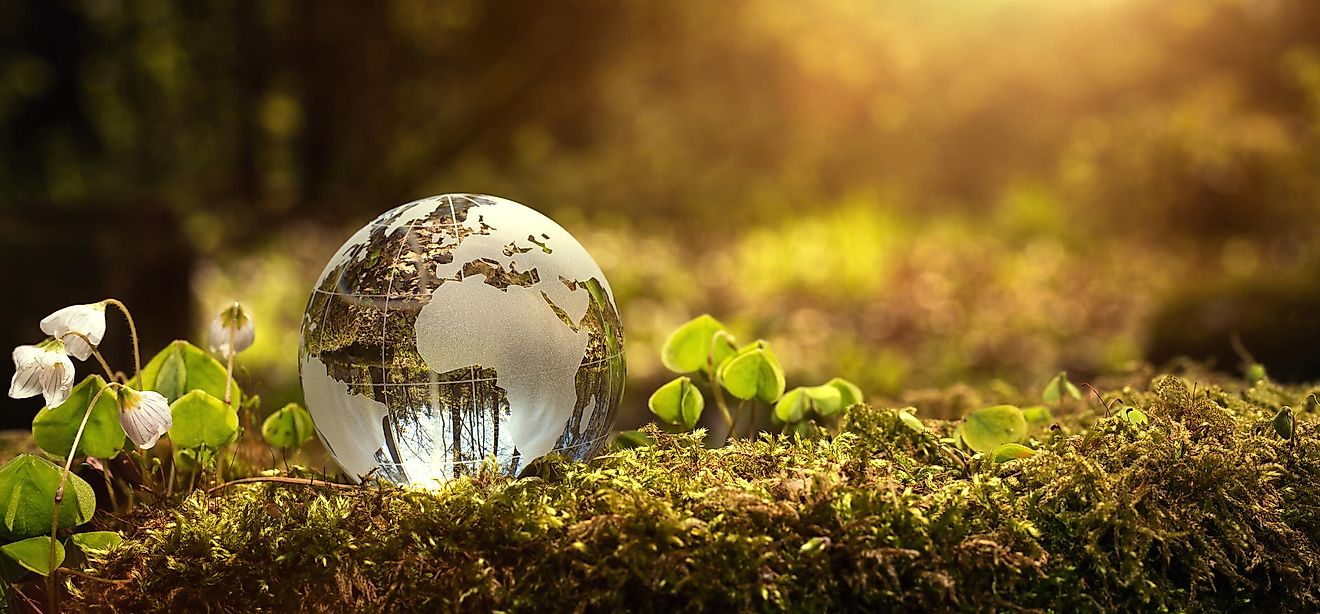What Are The Types Of Natural Resources?

- The magnetic and gravitational forces that define the physical properties of this world are also a type of natural resource.
- Overconsumption of fossil fuels in the later 20th and early 21st century is one of the major issues we need to deal with to save the atmosphere and two of the most essential resources that define life: water and air.
- It would be only fair to assume how the Sun we depend on will not shine forever. So, nothing lasts forever, and we all know Suns can change.
To understand what kind of natural resources exist on this planet, we need to first explain what ‘’natural’’ means in this context. Is there such a thing as un-natural resources?
Simply put, natural resources are the ones that would exist without any human intervention. Our need for intervention is, in most cases, unstoppable, and the way we handle and deplete resources available on Earth is one of the most vital questions in recent years. It seems that natural resources are here to stay, but the story is not that simple.
Natural Vs. Manmade Resources
Natural resources come from the universe and its properties that have been around at least a bit longer than humans. The most essential things we need to maintain life on this planet is the Sun. The air we breathe, the water we drink, and the land we use for crop production, and all the minerals found inside Earth are also considered as natural resources.
On the other hand, something that is not a natural resource is any form of a synthetic product that we use daily, but that was created by humans. Synthesis means that it came from a combination of different materials, which in many shapes and forms come from natural resources.
Managing resources is essential, no matter what the perspective you look at it from: economics, politics, ecology, biology, sociology, and many other sciences explore how people deal with natural resources. Their very existence relies on the fact that there is still something to explore. There are two different ways we can classify types of natural resources.
Biotic And Abiotic
The main difference between natural resources we can find on Earth is made if we classify them by whether they are alive or not. Biotic resources are the one that we can find in our biosphere, which is, simply put, all living and organic materials. Forests, animals, and fossil fuels are all biotic resources. On the other side, abiotic means that the resources come from something that is not alive. These resources are water, air, soil, and all the different metals we find that are later used for the creation of other materials we need in everyday life.
Renewable And Non-Renewable
This categorization of natural resources focuses on the ability of a particular resource to be replenished. From this perspective, two different types of natural resources exist. First are renewable resources: the light coming from the Sun, air, wind, and water. All of those resources are the ones that seem to stay here, no matter how much of them we use.
The other type is non-renewable resources, that one that either takes too much time to replenish or does not occur by a natural process in the environment. Minerals we find inside Earth are non-renewable, because some of them took millions of years to form, and people’s needs are higher than the ability of those minerals to form again. Fossil fuels, as well, the need for them is great, and the rate at which we spend them will, sooner or later, deplete them completely.
Finally, you should always have in mind, despite the classification that provides us with a false sense of security and the idea that we will never run out of a resource like water, that all of these create an ecosystem. Our planet, and our life on it, everything depends on balance. The pollution of water and air happens precisely because we are recklessly using some of the resources, or we still have not accepted the always possible alternatives. Whatever the reason you prefer, have in mind, that nothing lasts forever, and that everyone needs to develop a proper sensibility in how we approach nature and life around us.











